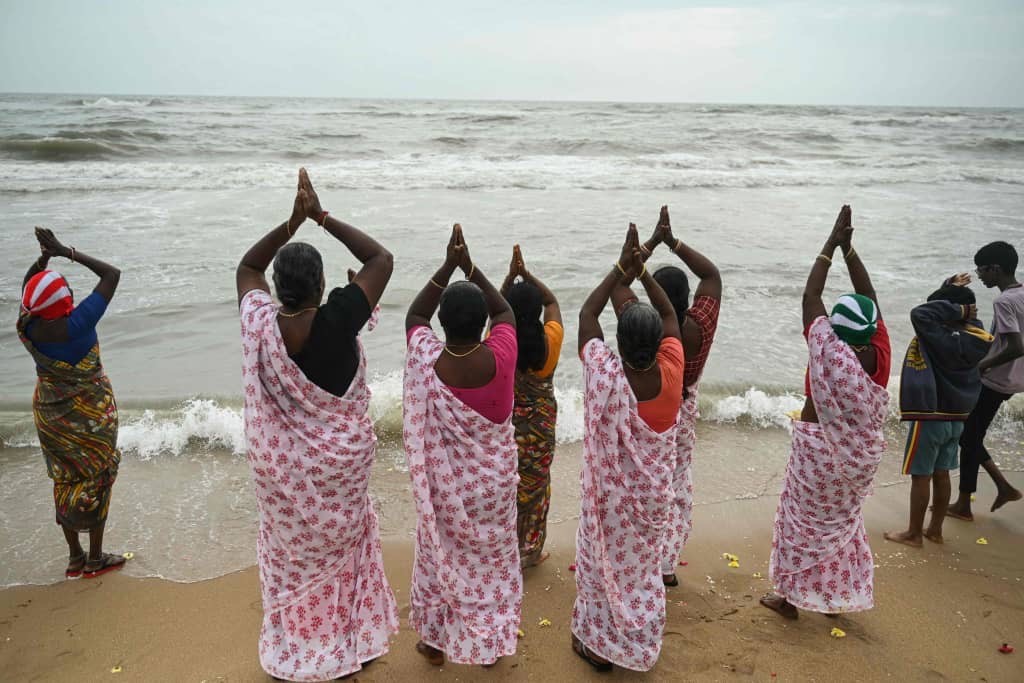KAMPALA – Uganda has agreed it no longer needs IMF financing, having seen high and sustained growth since the early 1990s, an International Monetary Fund official said on Friday.
An IMF team visited Uganda earlier this month for the sixth and final review of its current three-year, US$19,5 million (N$130,7 million) programme under the IMF’s Poverty Reduction and Growth Facility (PRGF), which ends in December. “Once again, Uganda is at the forefront of its class, in the vanguard of the low income countries,” Peter Allum, the IMF senior resident representative in Uganda told Reuters, praising its strong commitment to macroeconomic stability.Uganda’s balance of payments position was strong, he said, and the team agreed with the government that following the three-year PRGF it was ready to move up to a new support facility, the Policy Support Instrument (PSI).”This framework is designed for low income countries that may not need or want IMF financial assistance, but still seek IMF advice, monitoring, and endorsement of policies,” he said.Uganda’s request for a PSI comes straight after the new instrument’s launch and with only one other country – Nigeria – so far approved.On October 14 the IMF unveiled the PSI as a way for poor nations to receive IMF backing of their economic policies without requiring them to borrow from the global lender.Under the new instrument, the IMF will evaluate economic performance twice a year and publish assessments.Donors, creditors and markets look to the IMF for clear signals if a country is following sound economic policies and deserves their support.Nigeria’s PSI deal opens the door to debt relief clearance from the Paris Club of creditors.Donor nations fund almost half the Ugandan government’s spending, and continued IMF oversight under the PSI facility is likely to reassure diplomats worried about budget “slippage” ahead of multiparty elections next March – Uganda’s first for 20 years.The visiting IMF team also held talks with officials on the implementation of the 2005/06 budget, addressing domestic spending arrears, strengthening the Uganda Revenue Authority, financial sector policies and structural reforms.Allum said the officials had welcomed the government’s strong track record, “including its demonstrated commitment to macroeconomic stability, which has been key to fostering high and sustained growth rates”.The IMF says Uganda has pursued sound economic strategies in recent years, qualifying first in April 1997 for the Heavily Indebted Poor Countries (HIPC) initiative, and also qualifying first in February 2000 for the enhanced HIPC deal.Analysts say the main challenge to building on 5,8 per cent GDP growth last year will be improving governance, cutting corruption and spreading the benefits to the vast majority of Ugandans who live in rural poverty.-Nampa-Reuters”Once again, Uganda is at the forefront of its class, in the vanguard of the low income countries,” Peter Allum, the IMF senior resident representative in Uganda told Reuters, praising its strong commitment to macroeconomic stability.Uganda’s balance of payments position was strong, he said, and the team agreed with the government that following the three-year PRGF it was ready to move up to a new support facility, the Policy Support Instrument (PSI).”This framework is designed for low income countries that may not need or want IMF financial assistance, but still seek IMF advice, monitoring, and endorsement of policies,” he said.Uganda’s request for a PSI comes straight after the new instrument’s launch and with only one other country – Nigeria – so far approved.On October 14 the IMF unveiled the PSI as a way for poor nations to receive IMF backing of their economic policies without requiring them to borrow from the global lender.Under the new instrument, the IMF will evaluate economic performance twice a year and publish assessments.Donors, creditors and markets look to the IMF for clear signals if a country is following sound economic policies and deserves their support.Nigeria’s PSI deal opens the door to debt relief clearance from the Paris Club of creditors.Donor nations fund almost half the Ugandan government’s spending, and continued IMF oversight under the PSI facility is likely to reassure diplomats worried about budget “slippage” ahead of multiparty elections next March – Uganda’s first for 20 years.The visiting IMF team also held talks with officials on the implementation of the 2005/06 budget, addressing domestic spending arrears, strengthening the Uganda Revenue Authority, financial sector policies and structural reforms.Allum said the officials had welcomed the government’s strong track record, “including its demonstrated commitment to macroeconomic stability, which has been key to fostering high and sustained growth rates”.The IMF says Uganda has pursued sound economic strategies in recent years, qualifying first in April 1997 for the Heavily Indebted Poor Countries (HIPC) initiative, and also qualifying first in February 2000 for the enhanced HIPC deal.Analysts say the main challenge to building on 5,8 per cent GDP growth last year will be improving governance, cutting corruption and spreading the benefits to the vast majority of Ugandans who live in rural poverty.-Nampa-Reuters
Stay informed with The Namibian – your source for credible journalism. Get in-depth reporting and opinions for
only N$85 a month. Invest in journalism, invest in democracy –
Subscribe Now!







